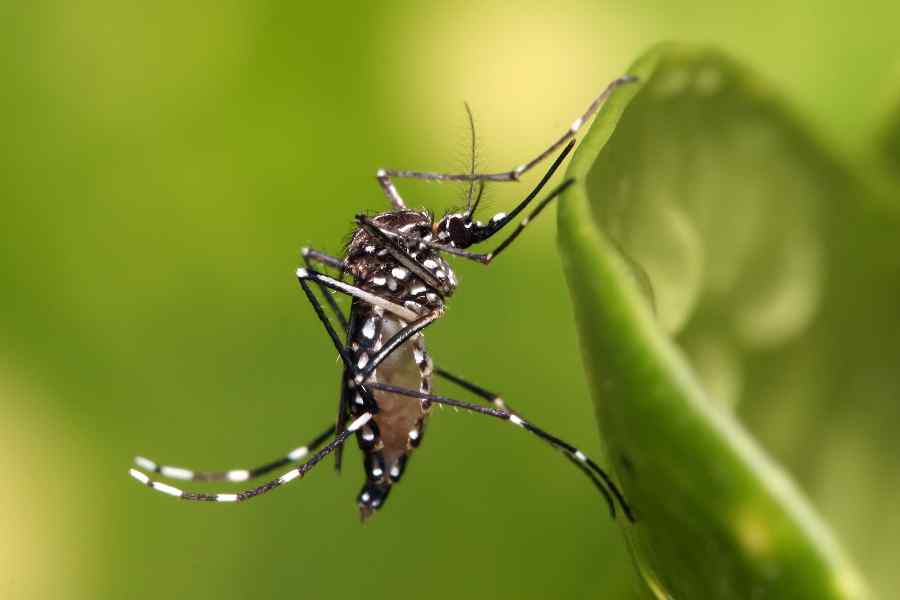Mosquitoes have been found for the first time in Iceland, a country that was one of the very few places in the world to be free from these insects. The other recorded mosquito-free zone is Antarctica.
The mosquitoes were discovered by Björn Hjaltason in Kiðafell, Kjós, in western Iceland about 20 miles north of the capital Reykjavík, BBC reported.
“At dusk on October 16, I caught sight of a strange fly,” Hjaltason posted in a Facebook group about insects, according to reports in the Icelandic media. “I immediately suspected what was going on and quickly collected the fly,” he added.
He contacted Matthías Alfreðsson, an entomologist at the Natural Science Institute of Iceland, who drove out to Hjaltason’s house the next day. They captured three in total, two females and a male. Alfreðsson identified them as mosquitoes from the Culiseta annulata species.
The species is cold-resistant and can survive Icelandic conditions by sheltering through winter in basements and barns.
The Culiseta annulata species frequently lays its eggs in artificial containers like rain barrels, buckets, cisterns, flowerpots, and discarded tires.
It’s unclear how the mosquito arrived in Iceland, but theories include the possibility it came via ships or containers. Further monitoring will be needed in the spring to see whether the species can survive the winter and “truly become established in Iceland,” Alfreðsson said.
Iceland may have been hospitable to these insects even in the absence of climate change, said Colin J. Carlson, an assistant professor of epidemiology at Yale University School of Public Health. Mosquitoes have been found quite far north into Scandinavia, he told CNN.
“Climate change may have made this more likely, but I’m not convinced it’s a clear, direct impact,” Carlson said. “The truth is, we just don’t know a lot about endemic mosquito range shifts that are already happening.”
Scientists have long predicted that mosquitoes could establish themselves in Iceland, given its breeding habitats like marshes and ponds.
The arrival of mosquitoes in Iceland could be associated with the effects of global warming.
Iceland is experiencing warming at a rate that’s four times faster than the average for the rest of the northern hemisphere. This has led to significant environmental shifts.
Evidence of this rapid warming includes collapsing glaciers and the increasing presence of southern fish species, such as mackerel, in Icelandic waters.
This year, Iceland experienced multiple record-breaking high temperatures in May.
The country typically sees highs above 20°C (68°F) for only two to three days in May, but that threshold was exceeded for 10 consecutive days in various locations this year.
Furthermore, Iceland recorded its hottest May day ever at Eglisstaðir Airport, where temperatures reached 26.6 °C (79.8 °F).
As the planet warms, more species of mosquito have been found across the globe. In the UK, eggs of the Egyptian mosquito (Aedes aegypti) were found this year, and the Asian tiger mosquito (Aedes albopictus) has been discovered in Kent. These are invasive species that can spread tropical diseases such as dengue, chikungunya and Zika virus, reported The Guardian.










